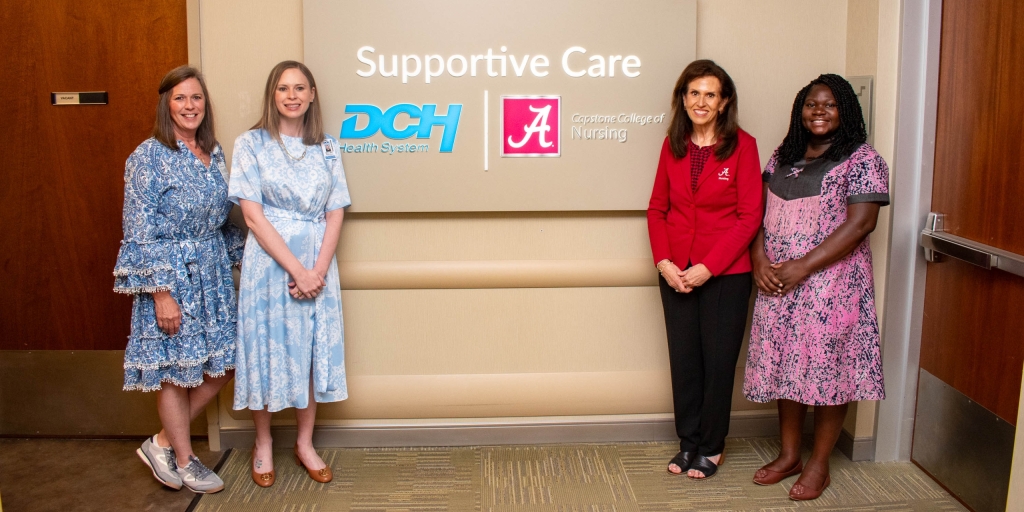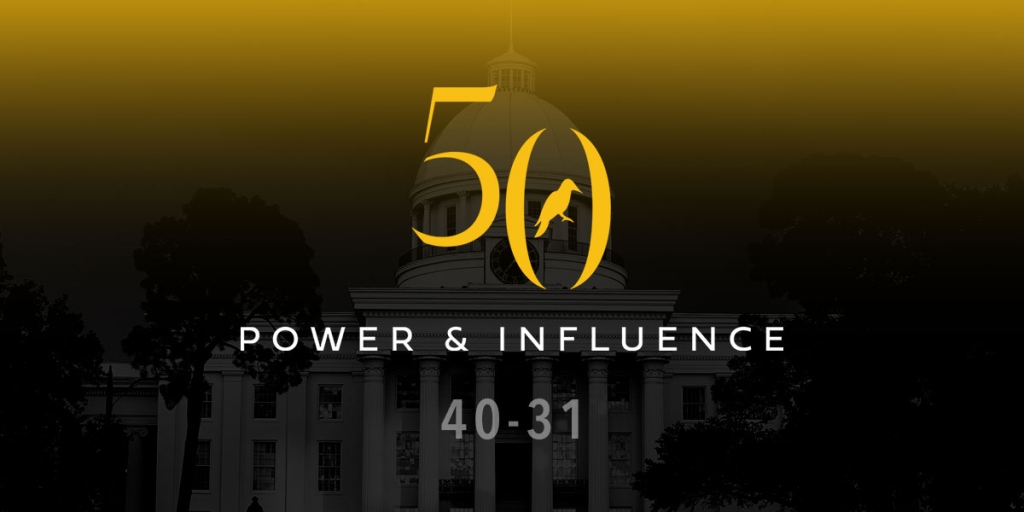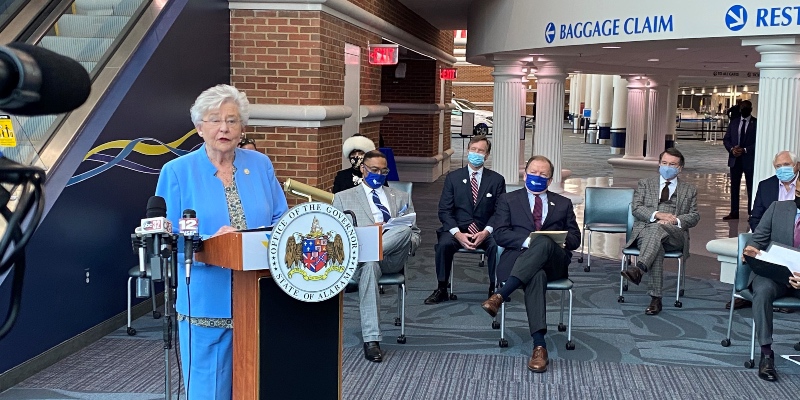Auburn University has drawn praise in recent months from national health officials for its COVID-19 safety protocols for on-campus activities. But that has not stopped one faculty member from calling for a vote among his colleagues to express opposition to in-person classes.
Last summer, Auburn joined the University of Alabama System (UA System), Troy University and other colleges and universities around Alabama in successfully launching fall semesters with in-person learning.
White House health official Dr. Deborah Birx commended the Auburn administration for its handling of the COVID-19 crisis during a September visit to the campus.
The school’s efforts to contain the spread of the coronavirus, while offering in-person learning for its students, are a product of the guidance the school has received from a wide array of health officials, according to Auburn University President Jay Gogue.
In a December video interview with the Opelika-Auburn News, Gogue outlined that the COVID-19 protocols established by the university resulted from consultations with those health officials, including the Alabama Department of Public Health and the Center for Disease Control.
However, the health and safety measures taken by the school have fallen below the standards of faculty member Michael Stern.
The Opelika-Auburn News reported that Stern, a professor in the Department of Economics, has voiced his opposition to Auburn’s return to in-person learning by calling for a no-confidence vote by the University Senate on Provost Bill Hardgrave. As provost, Hardgrave acts as the university’s chief academic officer.
This is not the first time Stern has been an adversary of the school for which he works. He sued the university in 2018 alleging unfair treatment by Auburn’s administration. That case is scheduled to go to trial next month.
As for the health and safety measures implemented by Auburn, Gogue cited Birx’s endorsement of Auburn’s work as something which would allow students, faculty and parents to have increased confidence.
He recalled Birx telling members of the administration, “’Auburn you planned well, you had contingency plans, and you had contingency plans for your contingency plans.’”
Bringing students back to class on campus was a challenge shared by other institutions of higher learning in the Yellowhammer State.
Under the guidance of Dr. Selwyn Vickers, dean of the UAB School of Medicine, the UA System successfully executed a return-to-school plan at each of its three institutions.
UA System officials view Auburn’s protocols as being consistent with their own.
Understanding the importance of on-campus learning, Gogue stated that his administration will continue consulting with the medical community as part of its academic process.
“Going into the spring term, I think the hope would be that we could do more face-to-face and in-person than we did in the fall,” he explained. “I have said throughout that totally depends on the virus, totally depends on where we are. We are not going to put people in harm’s way to do that. I think Bill [Hardgrave] felt an obligation to get it back to as normal as possible as students and families thought about the spring term.”
“The health and safety will drive whether or not any of that occurs,” he concluded.
Auburn begins classes Monday.
Tim Howe is an owner of Yellowhammer Multimedia.













